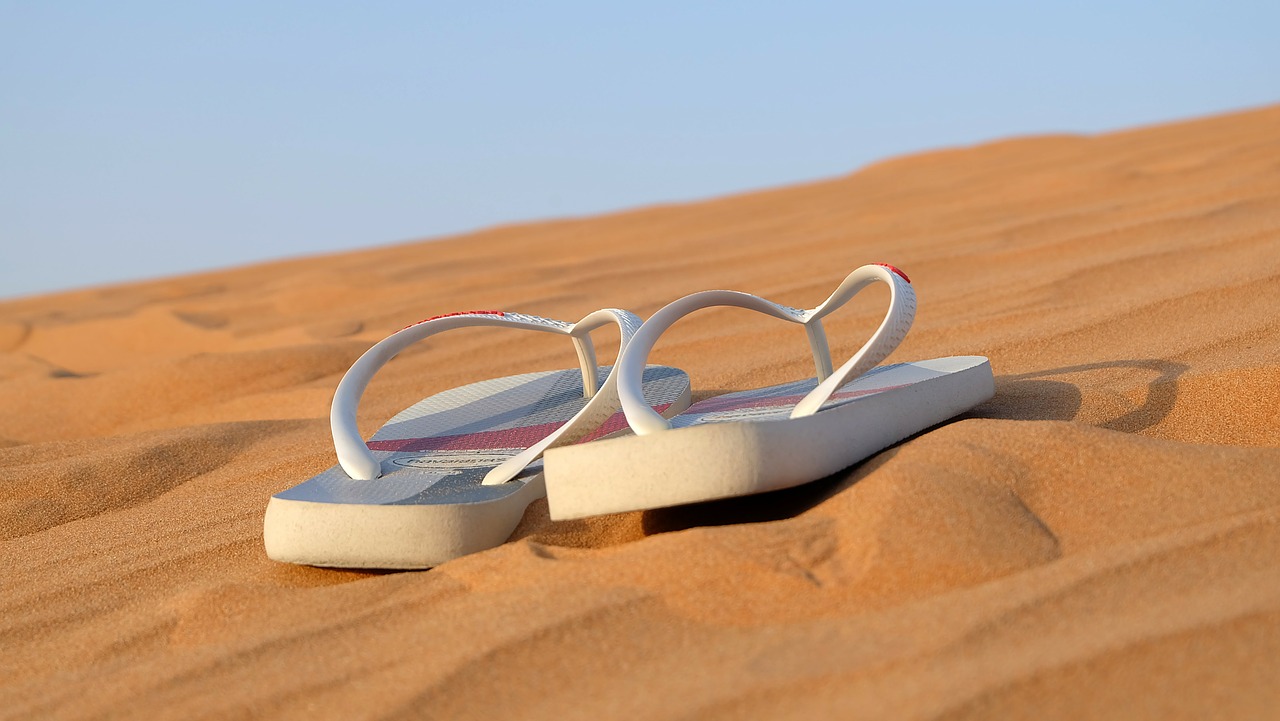Do you need vacation therapy?
 Americans Work More and Vacation Less
Americans Work More and Vacation Less
According to Psychology Today, Americans work 100 more hours per year than the Japanese, and up to three months more a year than Europeans. The United States is the only country that does not mandate paid vacation leave, whereas Europeans average six weeks of paid vacation annually. In fact, vacation time is mandated by law in 78 countries around the globe – with penalties for deferring vacation. Belgium, France, the Netherlands and Norway are all more efficient and productive than the U.S. in part because they use more effective management techniques and take longer vacations.
So, what’s the big deal? Well, not taking time to get away can actually be bad for your health. According to a recent study conducted by the State University of New York at Oswego, men who take annual vacations reduce their overall risk of death by 20 percent and their risk of heart disease by 30 percent. Why? Because they are given a chance to de-stress. Beyond that, workers who put in 50 hours a week get the same amount of work done as those that put in 40, because fatigue leads to being less productive.
Aside from these facts, if a vacation is still not in your future plans, consider these benefits… and then call your travel agent:
Health Benefits
- Blood pressure, heart rate and levels of the stress hormone epinephrine decrease after only one or two days on vacations.
- The effects of exhaustion are reduced when individuals have free time to relax, spend time in warm climates, exercise, get a good night’s sleep and meet new people.
- Vacationers get deeper sleep when their trips are over.
- Leisure activities have been linked to overall well-being as well as the maintenance of solid physical and mental health.
- Vacationing decreases the chance of engaging in risky behaviors due to stress, such as excessive alcohol consumption, smoking and not getting enough sleep.
Emotional Benefits
- Women who take vacations are more satisfied in their marriages because they feel more romantic while away, and come back home feeling more connected to their families.
- Anticipation of a vacation increases positive feelings of one’s family and life.
- Since satisfaction with life increases on vacation, the effects remain once travelers return home.
Career Benefits
- Three out of four corporate executives believe that vacations prevent burnout, improve personal job performance and improve creativity.
- More than one-third of small business owners report that their best business-growing ideas come during down time, not at work.
Recommendations
Now that you are convinced that taking time away will benefit all aspects of your life, consider these recommendations for thoroughly enjoying yourself while you’re away:
- Generate a list of work-related things that you do not want to “pack” for your vacation. This includes worries about your supervisor or colleagues, career advancement concerns, cell phones, pagers, laptops, PDAs and guilt for taking a vacation.
- Build your vacations around things that you love to do or have always wanted to do.
- Do not schedule every minute of your trip; give yourself a chance to wander and explore.
- Savor moments that are truly great on your travels, like a relaxing dinner with a friend or a scenic walk with your significant other.
